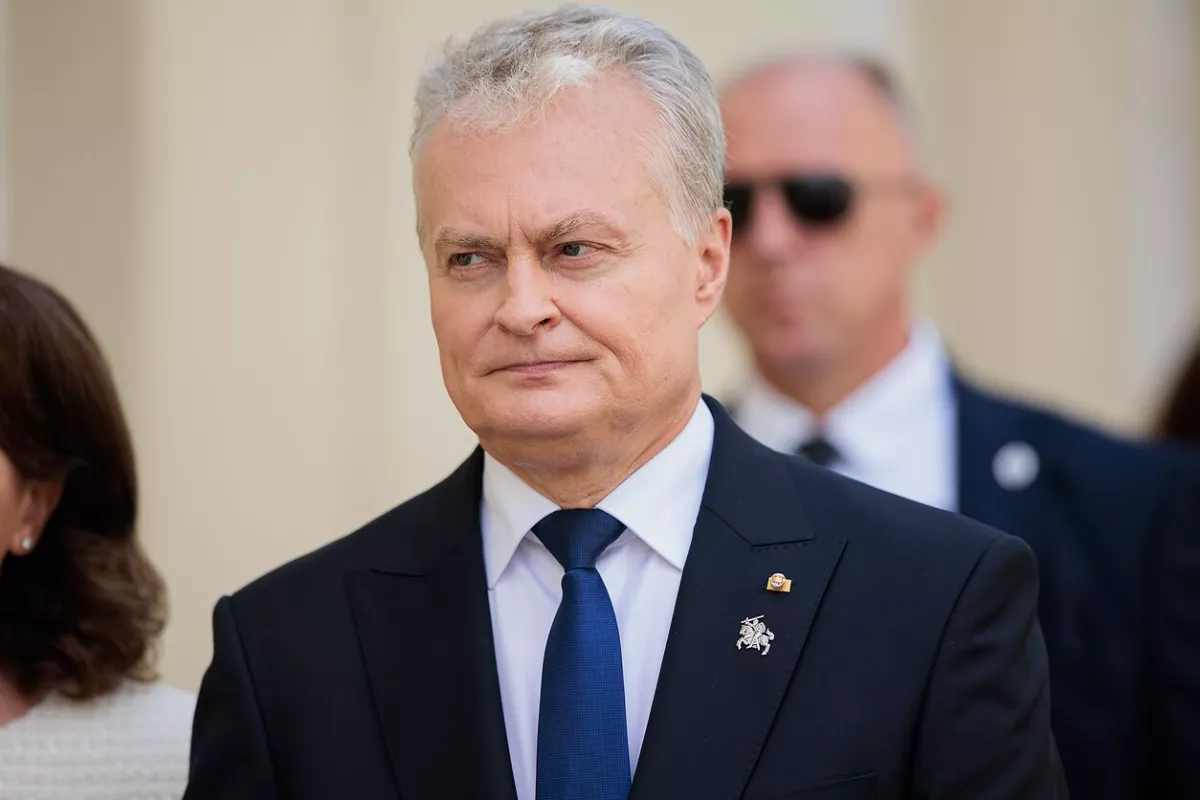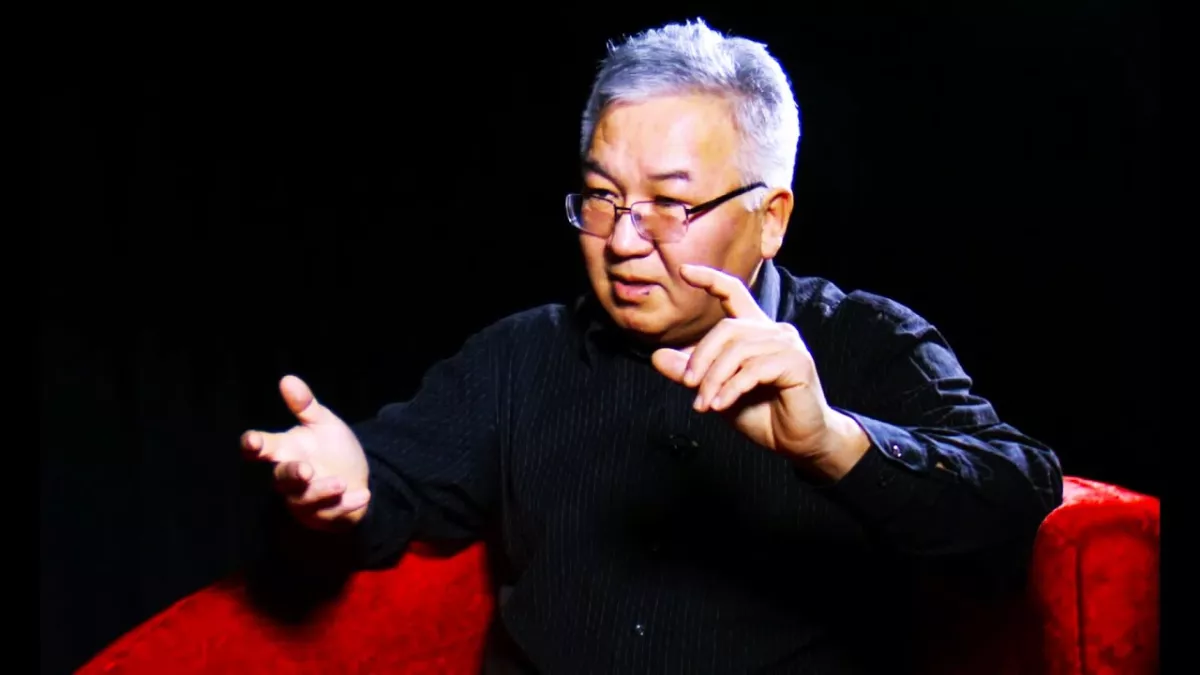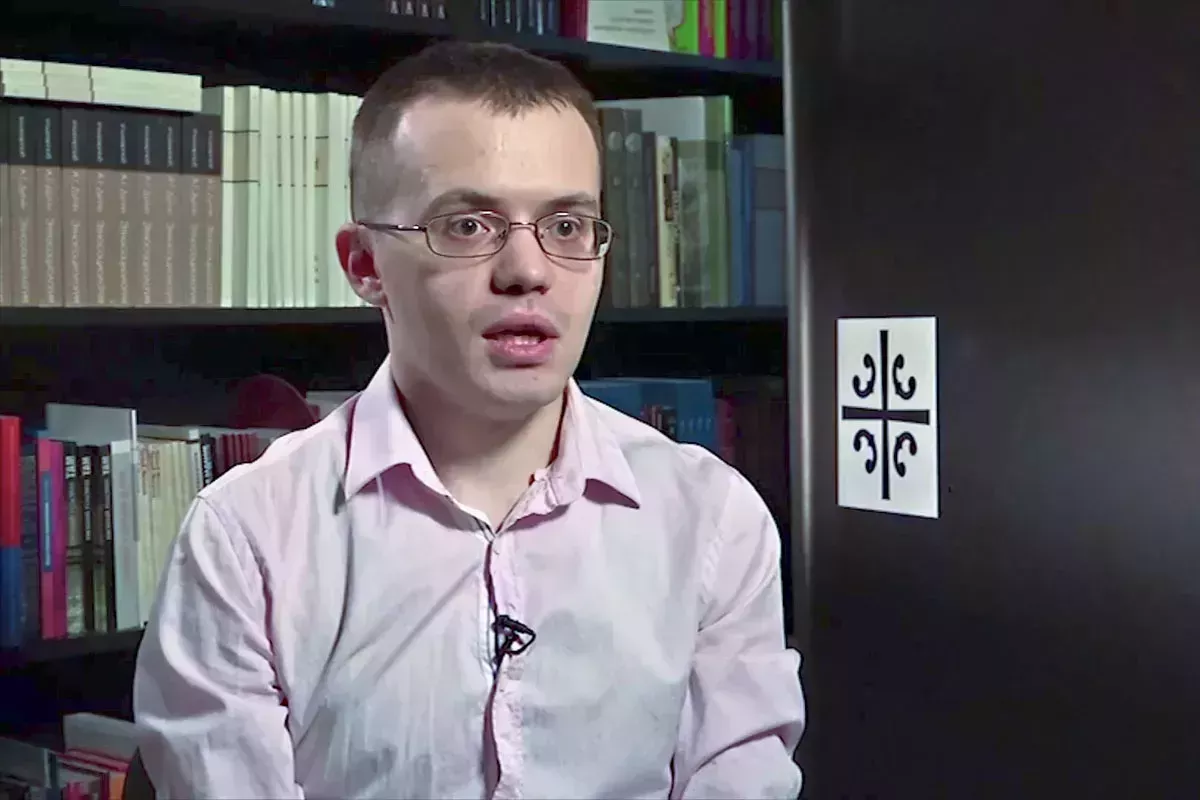The collapse of the “Tsikhanouskaya project” Lithuania reassesses support
Exiled Belarusian opposition figure Sviatlana Tsikhanouskaya remains a guest of Lithuania, but according to the country’s President Gitanas Nausėda, she should consider choosing another place to live.
The Lithuanian president noted that the level of security for the Belarusian opposition leader had been reduced based on the conclusions of the relevant services.

“I think the signals we are sending to the international community remain the same. It is up to Ms. Tsikhanouskaya and her team to assess whether they want to stay in Lithuania or choose another place. In any case, nothing changes on our side,” Nausėda emphasised.
Earlier, Lithuanian authorities decided to reduce the personal security provided to Sviatlana Tsikhanouskaya, who has been residing in the country since 2020. Her protection will now be ensured not by the State Security Service responsible for guarding top officials, but by the Criminal Police Bureau. This decision came into effect on October 1.
Previously, Nikolai Mezhevich, head of the Centre for Belarusian Studies at the Institute of Europe of the Russian Academy of Sciences, stated that Tsikhanouskaya’s team might relocate from Lithuania to Berlin. According to him, Vilnius initially expected to strengthen its influence in Belarus through Tsikhanouskaya in 2020, but over time, irritation began to grow instead.
On October 8, Tsikhanouskaya’s adviser Denis Kuchinsky announced that the office of the Belarusian opposition figure in Vilnius had suspended its work due to the downgrade in her security status.
“The period of time is too short for the office to adapt to these changes, so it is temporarily suspending its activities,” he clarified.
Sviatlana Tsikhanouskaya left Belarus in August 2020. Lithuania granted her the status of an official guest of Category C — a designation typically given to foreign ambassadors, heads of missions of international organisations registered in Lithuania, and members of the European Commission.
In March 2023, the Minsk City Court sentenced Tsikhanouskaya in absentia to 15 years in prison.
According to sources cited by the LRT portal, the cost of Tsikhanouskaya’s security to the Lithuanian budget amounted to around one million euros per year.
That is certainly a considerable sum — especially given that over the past five years, the former Belarusian presidential candidate has achieved little of significance. She continues to appear at various forums, denounce the current Belarusian authorities, and refer to herself as the “elected president.”
But is all this worth a million euros annually just for security? And that’s not counting the maintenance of her office and the monthly payments to her staff. For Lithuania — a country not known for its wealth — the burden of covering the expenses of a so-called “king in exile” and her “retinue” has become an increasing source of irritation.
What lies ahead for Tsikhanouskaya and her entourage? A possible relocation to another EU country (such as the mentioned Germany) in hopes of continuing their comfortable existence at someone else’s expense? Or will they have to settle for less? And for how much longer will she continue to be recognised as the “elected president,” given the decline in her political activity?
Prominent international experts shared their opinions with Caliber.Az.

Political scientist, former diplomat, and security expert Mars Sariev (Bishkek) believes that Sviatlana Tsikhanouskaya has become an example of a political project that lost its meaning once its original goal — to destabilise Belarus from within — failed to materialise.
“In 2020, Vilnius and Western curators placed their hopes on her, expecting to strengthen their influence in the region through the ‘female symbol of change’. However, the protest movement eventually faded, and Tsikhanouskaya herself turned into a figure with no real political weight.
Today, Lithuania, facing economic costs and a lack of tangible results, is trying to quietly wind down this project. The reduction of her security and President Nausėda’s statement are clear signals that Vilnius wants to distance itself without losing face. The likely relocation of her team to Berlin is merely an attempt to prolong the life of a political construct that has already lost its purpose,” the former diplomat noted.
Meanwhile, according to Sariev, the attention of Western analytical structures is increasingly shifting towards Alexander Lukashenko himself.
“In recent months, his counterparts have not been random figures but representatives of states with reputations as neutral mediators. A telling example is the recent visit to Minsk by the head of the Sultanate of Oman — a country known for projecting itself as a constructive and balanced moderator of peace processes in the Middle East. This experience may be encouraging Lukashenko to seek a new role — not as an opposition to Moscow, but one that is more autonomous and flexible.
In this context, the Tsikhanouskaya project has completely lost its significance: it was merely a tool of pressure and has not become part of the new architecture of regional politics,” Sariev emphasised.

Political analyst Andrew Korybko (USA), in turn, stated that Lithuania’s decision to reduce Tsikhanouskaya’s security and the rumours about relocating her office from Vilnius to Berlin are driven by several factors.
“First, her Western-backed regime-change project failed to weaken President Lukashenko’s government, let alone overthrow it.
Second, some Belarusian political refugees and economic migrants who arrived in Lithuania over the past five years hold nationalist views that conflict with Lithuanian perspectives.
And finally, the United States and Belarus are exploring avenues for rapprochement.
To elaborate in detail, Belarus views the large-scale protests that erupted after the 2020 elections as a ‘colour revolution’. The overt support for these protests from the West — particularly neighbouring Lithuania and Poland — as well as the refusal to recognise Lukashenko’s victory, confirm this assessment. Thanks to various forms of support from Russia, Lukashenko was able to suppress the unrest and restore stability. Belarus is now calm, and new elections were held in January.
Regarding rising interethnic tensions, some opposition-minded Belarusians argue that the Grand Duchy of Lithuania was a Slavic state, or that the coastal Balts, who founded this cosmopolitan state, appropriated its legacy at the expense of the Slavs. In contrast, pro-government Belarusians hold a Russocentric and Soviet-oriented view of history,” the expert noted.
According to him, modern Lithuanians view the nationalist views of the Belarusian opposition as a threat to their country, and many of them want Tsikhanouskaya to leave.
“More broadly, the Trump administration concluded several high-profile agreements with Lukashenko, each of which led to the release of individuals considered political prisoners by the United States. Lukashenko recently stated that he is ready for a ‘grand deal’ with the US. This flurry of diplomatic activity puts pressure on Lithuania to end its support for Tsikhanouskaya. Continuing to fund her at previous levels could obstruct the agreement that Trump and Lukashenko are aiming to reach.
Overall, the Western plot to remove Lukashenko has failed, so it is time to move on from Tsikhanouskaya and start engaging with him. As US–Russia negotiations over Ukraine intensify, Belarus is likely to play a role in any agreement reached between Putin and Trump to end the conflict, which at best could make it a bridge for the resumption of Russian–European trade and energy cooperation.
The presence of Russian troops and equipment in Belarus, as well as US troops and equipment in neighbouring countries, could also be reduced to help de-escalate tensions,” Korybko concluded.








